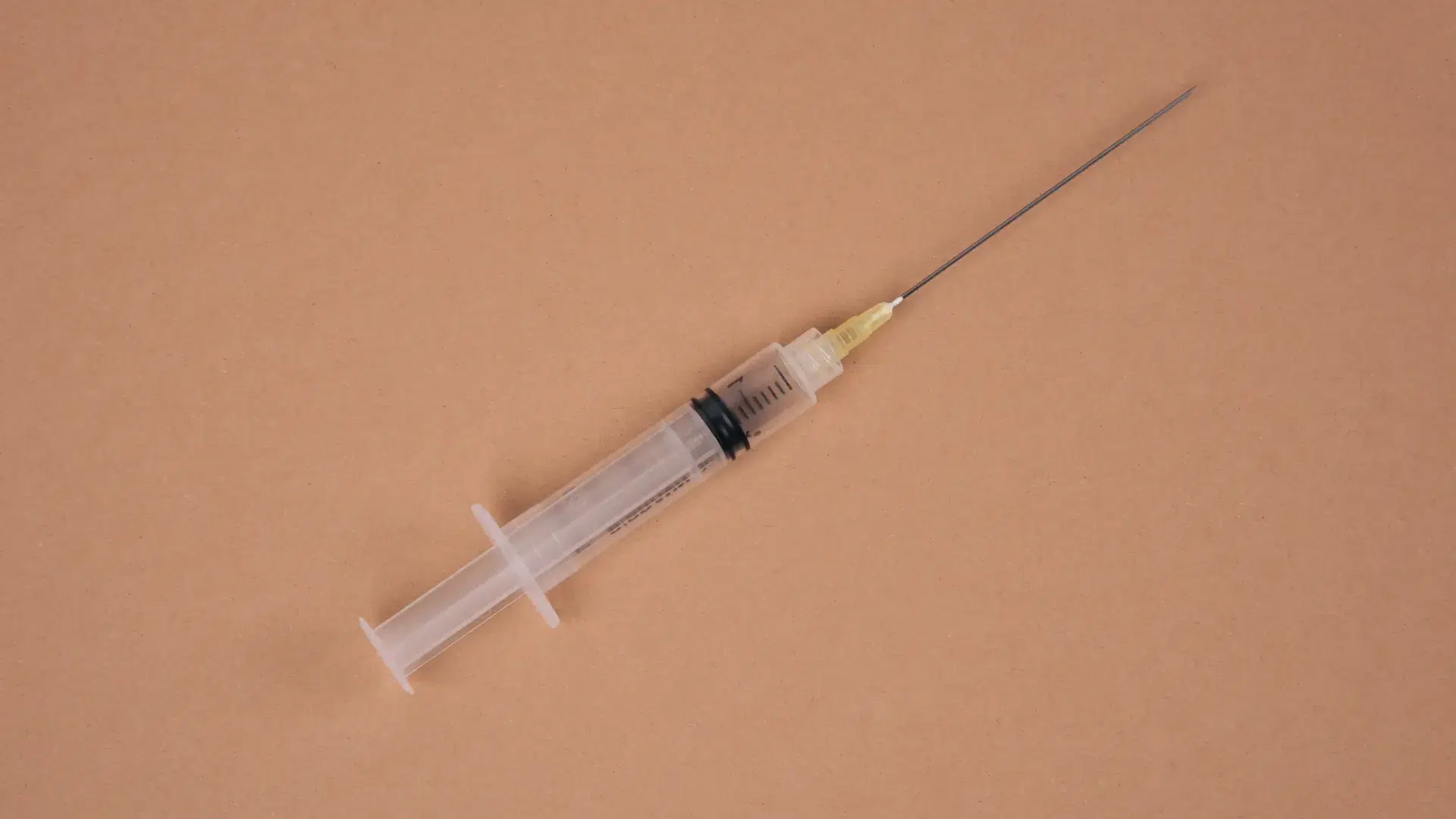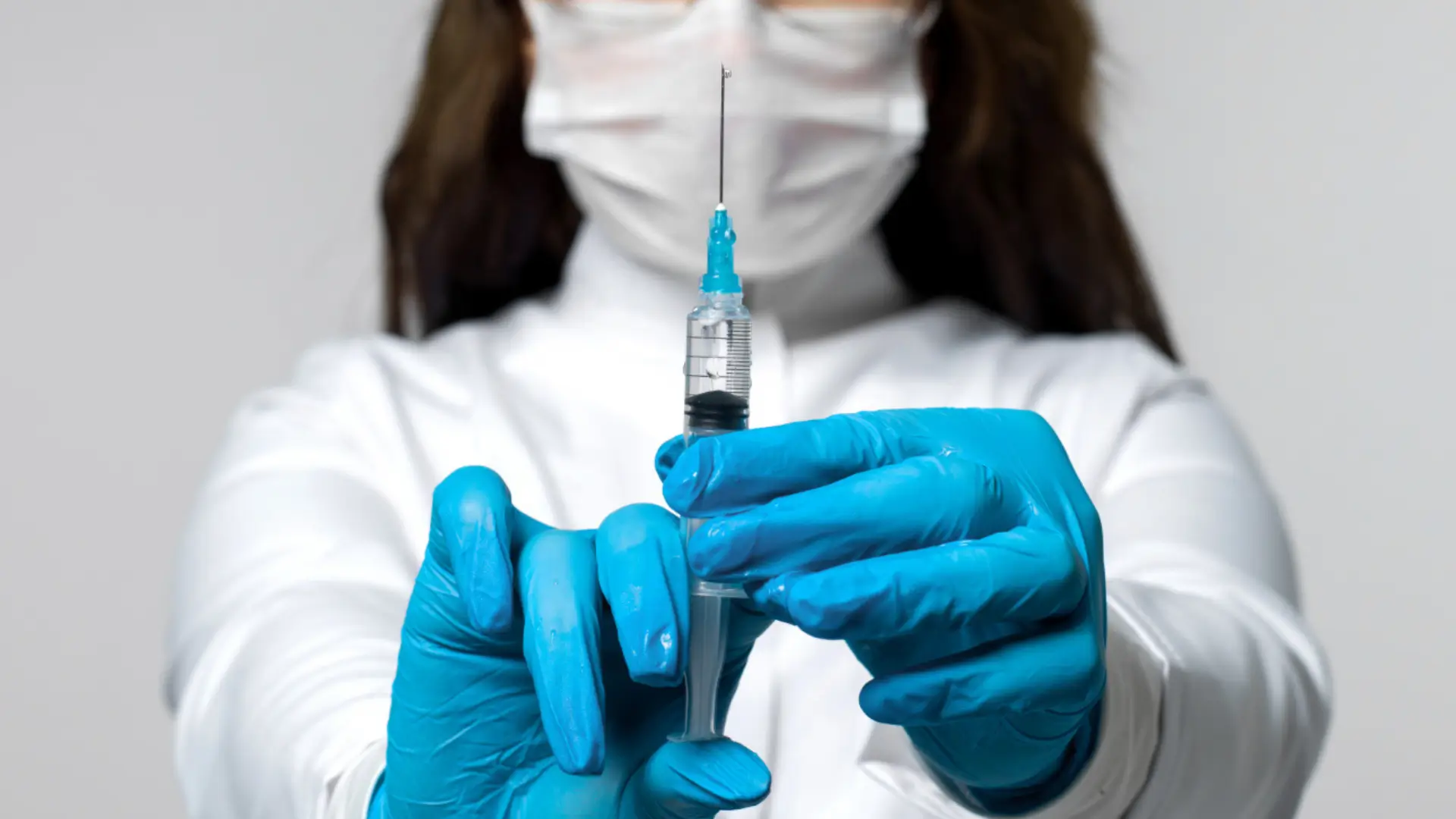Hormonal contraceptives are known to influence the body in various ways, with side effects ranging from mild to more noticeable changes. Among these, weight gain is one of the most discussed, especially with long-acting options like injectables.
Depo Provera, a popular injectable contraceptive, is praised for its convenience and effectiveness—but its potential link to weight gain continues to raise questions. Some users report noticeable body changes, prompting further investigation into how this contraceptive may influence metabolism and body composition.
In this article, we’ll unpack the connection between Depo Provera and weight gain, examining the clinical research, identifying key contributing factors, and offering practical strategies for managing potential side effects.
Key Takeaways
- Depo Provera, while effective as a contraceptive, has been linked to potential weight gain, particularly in younger women.
- Studies suggest that users of Depo Provera may experience more weight gain over time compared to those using oral contraceptives, although the differences may not be statistically significant.
- The hormonal changes initiated by Depo Provera can stimulate appetite and alter metabolism, contributing to weight gain in some individuals.
- A comprehensive consultation with healthcare providers is crucial to setting realistic expectations and identifying patients who may be more susceptible to weight gain while using Depo Provera.
About: Medica Depot is your trusted all-in-one supplier, offering a range of high-quality medical injectables and supplies. Buy Depo Provera at Medica Depot today! Whether for health professionals, plastic surgeons, dermatologists, licensed estheticians, or other specialists, we can offer genuine, brand-name products you may need. With Medica Depot, we prioritize serving you better to improve the patient’s quality of life
Clinical Evidence Linking Depo Provera and Weight Gain

In addition to asking about the injectable contraceptive itself, individuals exploring their birth control options often wonder, “how soon does Depo Provera start working?” Practitioners should explain that it offers immediate protection if administered within the first five days of the menstrual cycle.
However, patients considering Depo-Provera often express concern about its potential link to weight gain. According to Pfizer’s information and independent clinical analyses, while some individuals may experience changes in body fat or gain weight, the degree varies based on individual factors, including age and baseline body mass.
A comparative study of Depo Provera and oral contraceptives found that after 12 months of use, Depo Provera users experienced slightly more weight gain than users of other methods. However, this increase—along with minor weight changes in other groups—was not statistically significant.
Conversely, a study involving adolescent and adult obese women indicated a clearer association between Depo-Provera (DMPA injections) and weight gain. The findings showed that those who began DMPA initiation at a younger age tended to gain weight over time, regardless of their baseline BMI. Interestingly, the incidence of amenorrhea was consistent across all BMI categories.
While Depo-Provera remains a safe and effective contraceptive, understanding its potential impact on weight is essential for informed decision-making. Personalized counseling allows providers to manage expectations, address patient concerns, and guide users in maintaining overall wellness.
Proposed Mechanisms for Weight Gain

Pfizer’s injectable contraceptive (Depo-Provera) has been linked to weight gain in some users, although experiences can vary widely. This variation reinforces the importance of consulting with a licensed healthcare provider before starting treatment.
Patients who understand the biological mechanisms involved are better equipped to manage expectations and adopt proactive health strategies. Two main contributing factors include:
- Hormonal Changes and Appetite Stimulation: The progestin in Depo-Provera may stimulate appetite, leading to increased caloric intake and gradual increases in body fat. Sensitivity to hormonal fluctuations differs from person to person.
- Metabolic Alterations and Body Fat Redistribution: The DMPA injections may influence metabolic rate, promoting fat accumulation and subtle shifts in body composition, particularly with long-term use. These weight gain effects highlight the value of lifestyle monitoring and balanced nutrition.
Risk Factors and Predictors
A personalized approach, guided by qualified healthcare providers, is essential for evaluating risk and maximizing contraceptive effectiveness. Depo-Provera is administered every 12 weeks, and consistency is key for optimal results.
By identifying patients at greater risk for weight gain, providers can implement early intervention strategies. Some predictors to consider include:
- Demographic and Lifestyle Factors: Obese women, younger women, and those with a lower starting weight or body fat are more likely to experience noticeable changes or a more significant gain. Factors such as diet, activity level, and genetic predisposition also contribute.
- Recognizing High-Risk Individuals: Substantial early weight gain during the first six months of Depo-Provera use may signal ongoing increases. Regular follow-ups and customized support plans can help mitigate risks and support better long-term outcomes.
Practical Guidance for Healthcare Providers

Providing clear, compassionate guidance is essential when discussing weight-related concerns with patients using Depo-Provera. A sensitive, empathetic approach builds trust and fosters positive health experiences.
- Use nonjudgmental language that prioritizes overall well-being rather than focusing solely on weight.
- Encourage open communication, allowing patients to share concerns without discomfort.
- Offer practical education on topics such as healthy eating, physical activity, and emotional support.
- Provide routine check-ins and tailor plans to the individual, reinforcing adherence and ensuring the treatment remains effective and well-tolerated.
Conclusion
Understanding the relationship between Depo Provera and weight gain is vital for those considering this contraceptive method. While many users find it compelling and convenient, it’s essential to recognize the potential side effects, particularly weight changes. Studies suggest weight gain can occur, underscoring the need for personalized medical advice.
Consulting with a healthcare provider can help manage expectations and provide tailored guidance to minimize unwanted effects. By addressing concerns and fostering open communication, individuals can make informed decisions about their contraceptive options and overall well-being.
FAQs
1. Does Depo Provera cause weight gain for everyone?
Similar to potential risks, individual treatment responses may vary. Not everyone experiences weight gain with Depo Provera; however, research shows that it tends to affect younger women and those with lower initial body weight more significantly.
2. How quickly does Depo Provera take effect?
Depo Provera can start working immediately if given during the first five days of your menstrual period. Moreover, consistent administration of this injectable contraceptive every three months can lead to optimal use.
3. What should I do if I’m concerned about weight gain while using Depo Provera?
If you’re worried about weight gain, discuss your concerns with your healthcare provider, who can help set realistic expectations and monitor your progress.
References
- The Healthline Editorial Team. (n.d.). Birth Control Side Effects: Risks and Long-Term Safety of the Pill. Healthline. Retrieved April 2, 2025, from https://www.healthline.com/health/birth-control-side-effects
- Sims, J., Lutz, E., Wallace, K., Kassahun-Yimer, W., Ngwudike, C., & Shwayder, J. (2020). Depo-medroxyprogesterone acetate, weight gain and amenorrhea among obese adolescent and adult women. The European journal of contraception & reproductive health care: the official journal of the European Society of Contraception, 25(1), 54–59. https://doi.org/10.1080/13625187.2019.1709963









